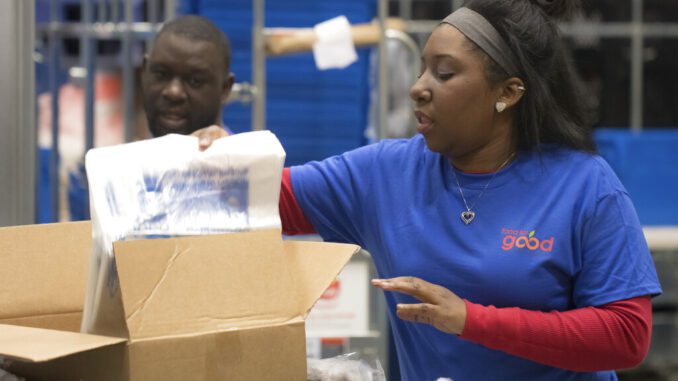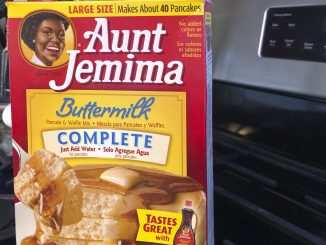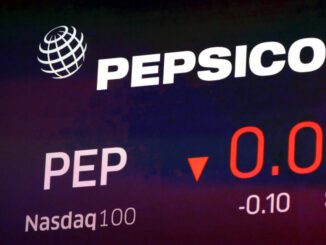
At the start of the pandemic, the need for the food that Jaron Barganier’s nonprofit provides to children throughout Texas exploded.
Not only did many children lose the free breakfasts and lunches they had normally received at their schools, which were closed because of the COVID-19 outbreak. What’s more, Barganier’s nonprofit, Be a Champion, lost its access to those schools — and, more important to the food supplies, their refrigerators and freezers — as distribution hubs.
With demand having more than tripled to about 100,000 meals a day, Barganier turned for help to The PepsiCo Foundation’s Food for Good.
“They basically created a way for us to serve our kids outside,” said Barganier, Be a Champion’s CEO. “When they learned some of these families don’t even have access to refrigeration at home, they created a shelf-stable menu of products.”
The PepsiCo Foundation says that as it built out its Food For Good program across America, it focused on addressing individual communities’ needs. And it plans to continue that focus as it expands Food For Good around the world, hoping to feed 50 million people by 2030.
Jon Banner, president of the PepsiCo Foundation and executive vice president of PepsiCo global communications, said the company and its philanthropic arm want to combat the world’s hunger crisis, which was severely exacerbated by the pandemic.
“Roughly 800 million people around the world suffer from hunger,” Banner said. “It’s a tragedy that doesn’t need to happen. We had made so much progress, but I think, in one year, the pandemic has set us back 15 years.”
The PepsiCo Foundation has pledged $100 million in new food security initiatives and sustainable agriculture development by 2030. It has also expanded its work with the United Nations World Food Programme, pledging additional money to create a multi-country partnership in the Middle East and North Africa to secure food for communities affected by climate change.
Expanding the Food For Good program globally will combine what the foundation has learned with its Access to Water initiatives in the past 12 years with what it has learned in America in its food programs, Cruz-Vargas said.



